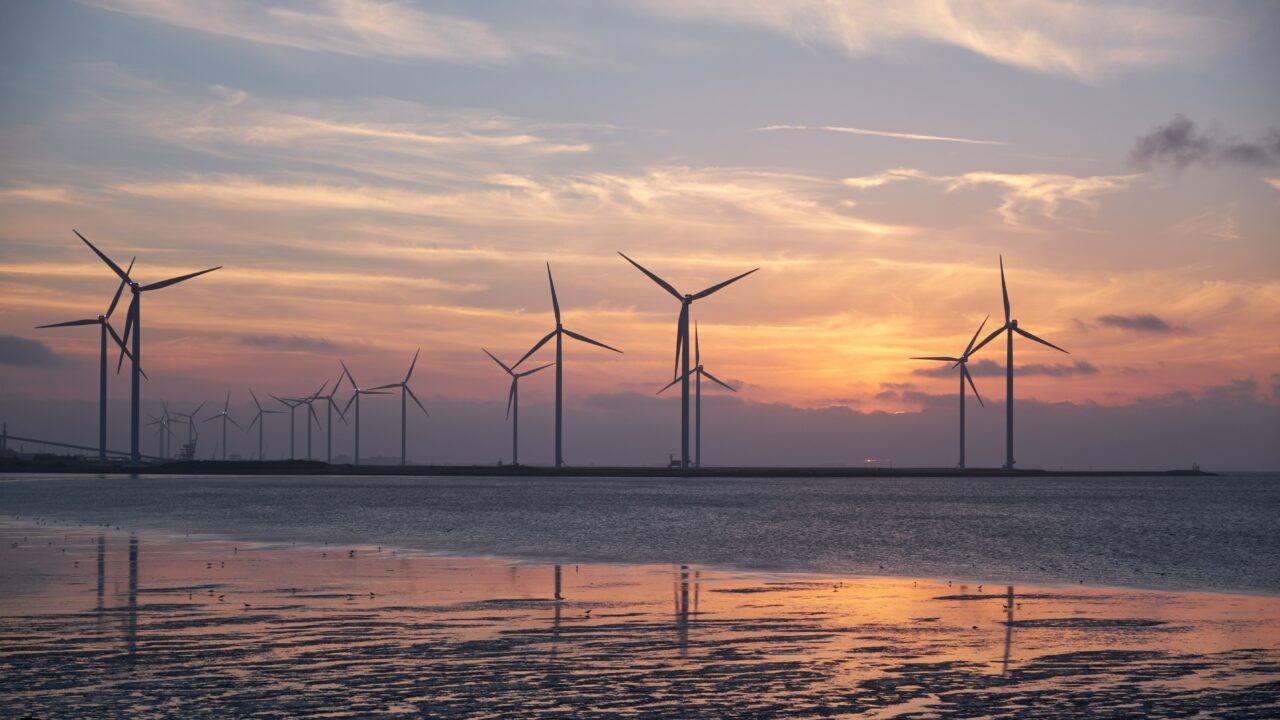The development of strategic renewable energy projects – including Irish offshore wind – has to be placed at the centre of recovery plans in Ireland and across the EU, according to Ireland South MEP Seán Kelly.
The Fine Gael leader in the European Parliament was among the team that in 2018 negotiated the 32% EU renewable energy target on behalf of the European Parliament.
Yesterday, Tuesday, June 24, he highlighted the multiple benefits of putting the focus on renewables in recovery plans in order to create jobs, tackle climate change, and ensure that the recovery is “better than before”.
Speaking at the EU Sustainable Energy Week 2020 Ambassadors’ Debate, Kelly said:
This is a recovery that will be driven by job creation. For this reason, we must put renewable energy first – and boost employment while ensuring our economy recovers in a more a sustainable way.
Continuing, the MEP said that Ireland must see the recovery as “an opportunity” and ensure the investments made now will deliver long-term sustainability.
“A recent report from the International Renewable Energy Agency (IRENA) found that making significant investments into renewables would increase jobs in the sector to 42 million globally by 2050 – nearly four times the current level. The potential is clear, and Ireland is better placed than most to capitalise.”
Highlighting that Ireland has the “best wind resources in the world”, the MEP said:
There is an enormous opportunity for us to become a major supplier of renewable electricity to the rest of the EU, with potential to deploy around 75 gigawatts of offshore wind off our west coast.
“Having high-level political support at EU level for the realisation of this potential could be hugely effective in mobilising the needed investment.
“For this reason, I am calling on Vice-President Frans Timmermans to adopt a strategic approach to identifying and developing high-potential renewable energy projects across Europe – including Ireland’s west coast – as part of the European Green Deal.
We cannot afford to make the wrong investments with publicly-funded stimulus programmes.
“Recovery plans must contribute to creating jobs and reducing emissions, and helping us transition to a clean, low-carbon economy. Prioritising renewable energy is a no-brainer in this regard,” Kelly concluded.
